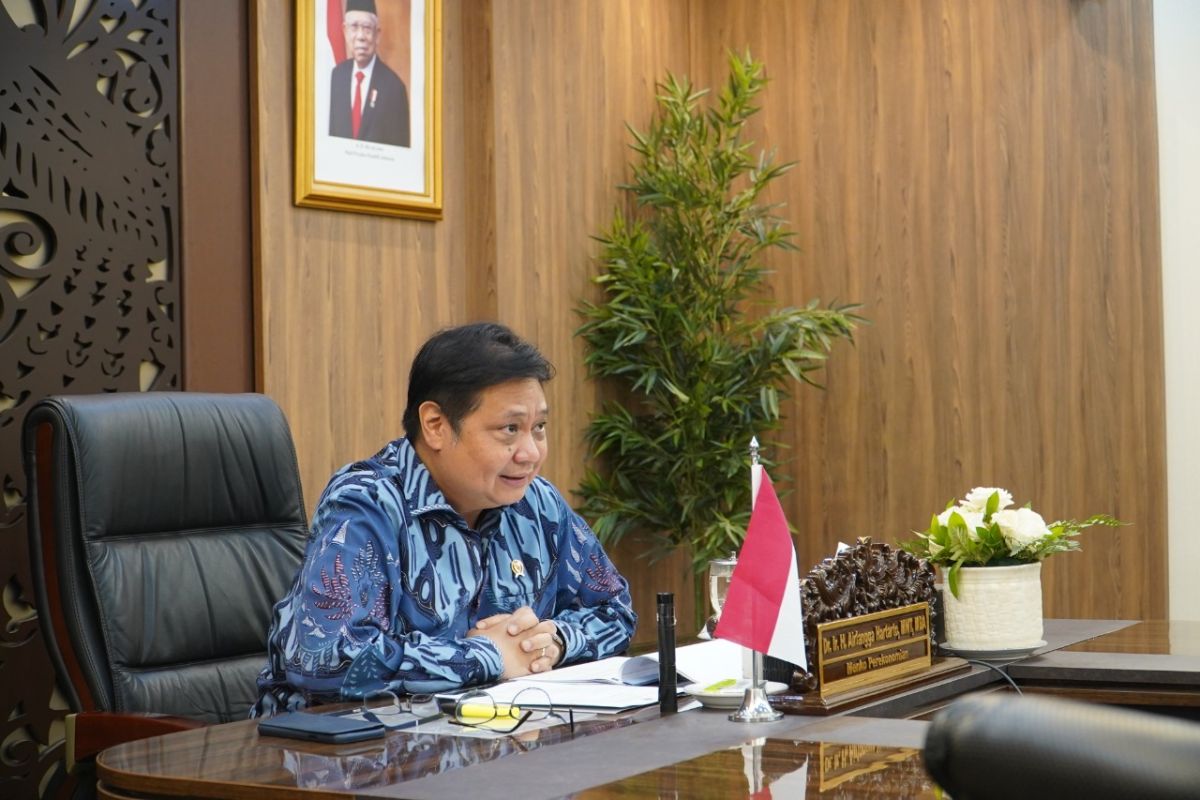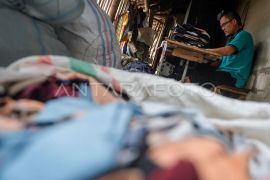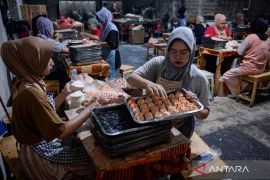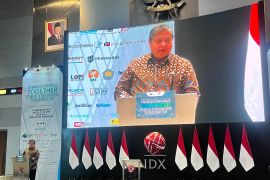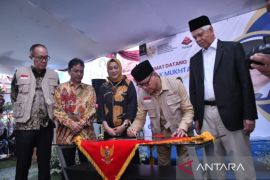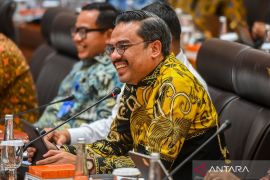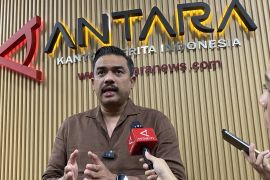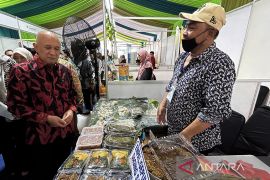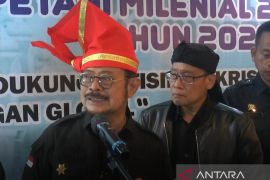The need for KUR for MSMEs to accelerate economic recovery during the COVID-19 period is quite largeJakarta (ANTARA) - The government has increased the ceiling for the microcredit program (KUR) for 2021 to Rp253 trillion from the previously agreed ceiling of Rp220 trillion.
The decision is based on the high credit demand among micro, small, and medium enterprise (MSME) players, it said.
The ceiling has been raised in response to the enthusiasm of MSME players for KUR at low interest rates and hopes of MSME recovery, Coordinating Minister for Economic Affairs, Airlangga Hartarto, said after leading a coordination meeting in Jakarta on Monday.
At the coordination meeting, which was held to evaluate the KUR 2020 and the KUR 2021 policy, the government also decided to provide an additional KUR interest subsidy of 3 percent for 6 months in 2021, he informed.
"The need for KUR for MSMEs to accelerate economic recovery during the COVID-19 period is quite large, so the KUR distribution target for next year will be increased. With this increase, there will be an additional interest subsidy budget for KUR 2021 of Rp7.6 trillion," he explained.
The decision to raise the ceiling and increase the interest subsidy is aimed at encouraging and developing MSMEs so that they can help realize economic equality and growth amid efforts to recover the national economy, he added.
KUR realization as of December 21, 2020 has reached Rp188.11 trillion, or around 99 percent of the target, set at Rp190 trillion.
The credit assistance has been disbursed to around 5.81 million debtors with an outstanding amount of Rp226.5 trillion and whose non-performing loans (NPL) are relatively low at 0.63 percent.
The distribution of KUR slowed down in line with the economic contraction in the second quarter of 2020, Hartarto informed.
It finally improved towards the end of the year, with monthly realization in November reaching Rp23.9 trillion.
This distribution was even better than during the normal period, before the pandemic, namely in February, 2020, when it was recorded at Rp19.2 trillion.
The Coordinating Minister had earlier emphasized that disbursements under the microcredit program (KUR) should be utilized to boost the scale of farmers' businesses.
"The KUR disbursement should also be encouraged in developing a wider economic scale. Farmers are able to purchase, for instance, rice milling units [with the funds] . Ecosystems of farmers and fishermen can be formed," Hartarto stated during an online press conference in Jakarta last week.
Increasing the scale of farmers’ businesses is the goal for economic activities, such as setting up of corporations by farmers, he remarked.
Hartarto remarked that KUR can also increase the farmers' capital and help them expand the market reach of agricultural products.
Additionally, farmers are being encouraged to capitalize on tie-ups with startups to market their products.
"Farmers can be connected or linked to technology companies, such as Sayurbox or Tanihub," Hartarto noted.
Related news: KUR disbursement should target boosting scale of farmers' businesses
Related news: KUR loan disbursement at Rp103 trillion in August: Minister
Translator: Satyagraha, Azis Kurmala
Editor: Gusti Nur Cahya Aryani
Copyright © ANTARA 2020
